From Brest to Bergen : Apolline Samin
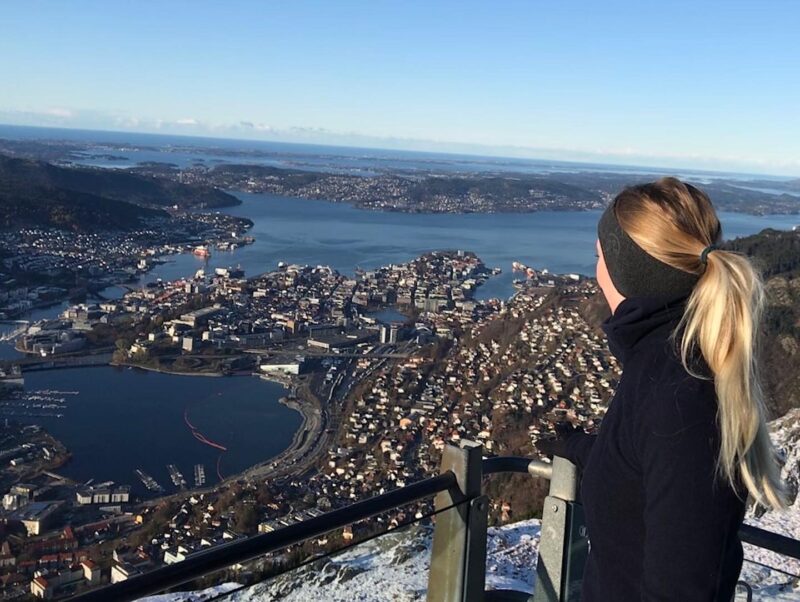
Apolline Samin, a student in the Master’s programme in Marine Environmental Chemistry at IUEM from 2017 to 2019, benefited from the ISblue mobility grant for her Master 2 internship. Here, she’s sharing her international experience.
How did ISblue support you during your Masters course at IUEM?
During the second year of my Master’s degree in Marine Environmental Chemistry at IUEM, I chose to do my 6-month internship in marine geochemistry under the supervision of Dr Olivier Rouxel at the Geochemical Cycle and Resources laboratory of Ifremer.
The project involved the analysis of sulphur and strontium isotopes in anhydrite samples to characterise the circulation of hydrothermal, magmatic and seawater fluids within the Brothers back-arc submarine volcano, northeast New Zealand.
Thanks to the ISblue grant, I was able to spend a month at Lehigh University in Pennsylvania where Associate Professor Jill McDermott, a collaborator on the project, provided me with all her expertise on the sulphur isotope system.
How was your stay in the US?
I arrived at JFK airport in New York where I spent a few days before going to Bethlehem by bus. I stayed in a room in a big house, 10 minutes walk from my office and close to all commodities.
After giving me a tour of her laboratory, Jill McDermott put me in an office with four of her students. Most of them had atypical backgrounds and we were able to discuss our research topics. I only saw them for a fortnight before they went on holiday.
They introduced me to baseball games, and I also had the chance to attend their big graduation ceremony in the university’s football stadium.
The last two weeks the campus was empty, which was good for writing my internship report.
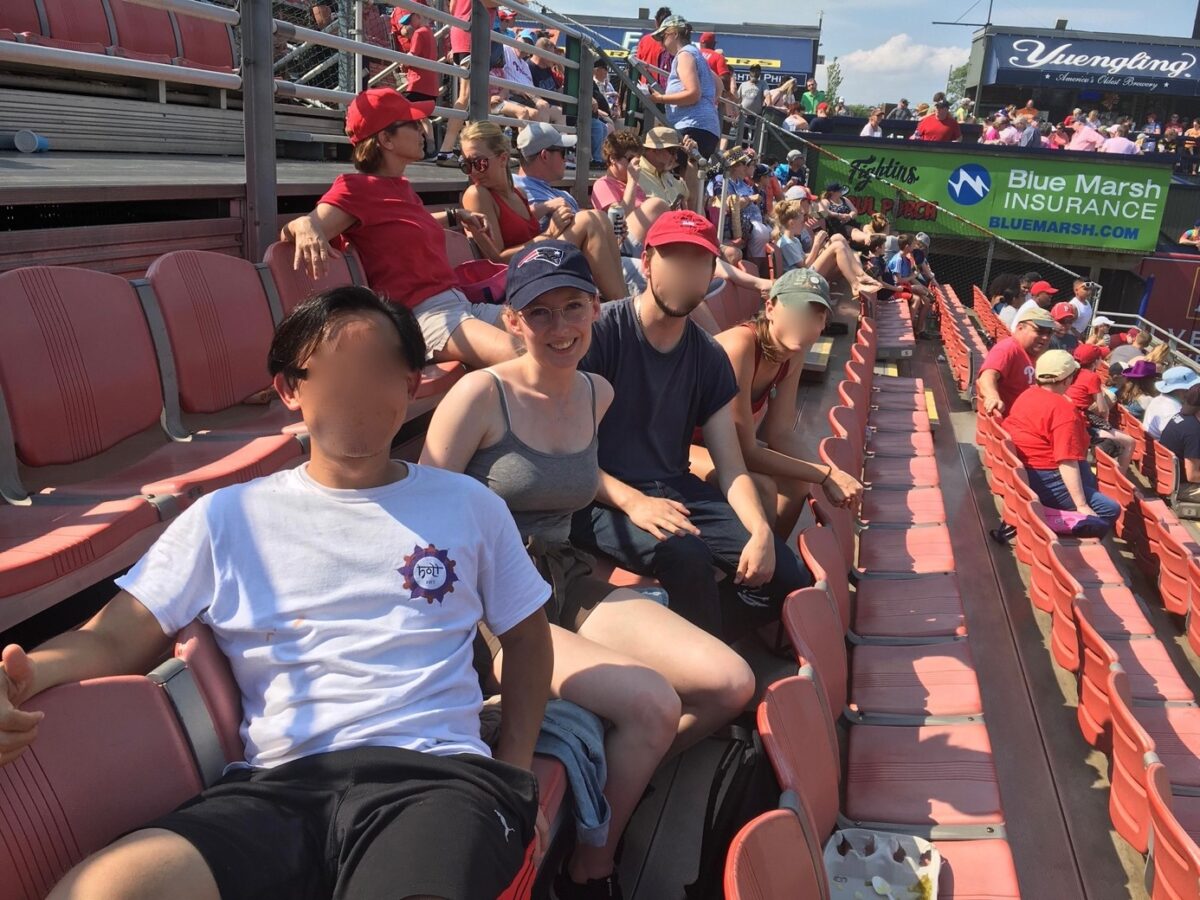
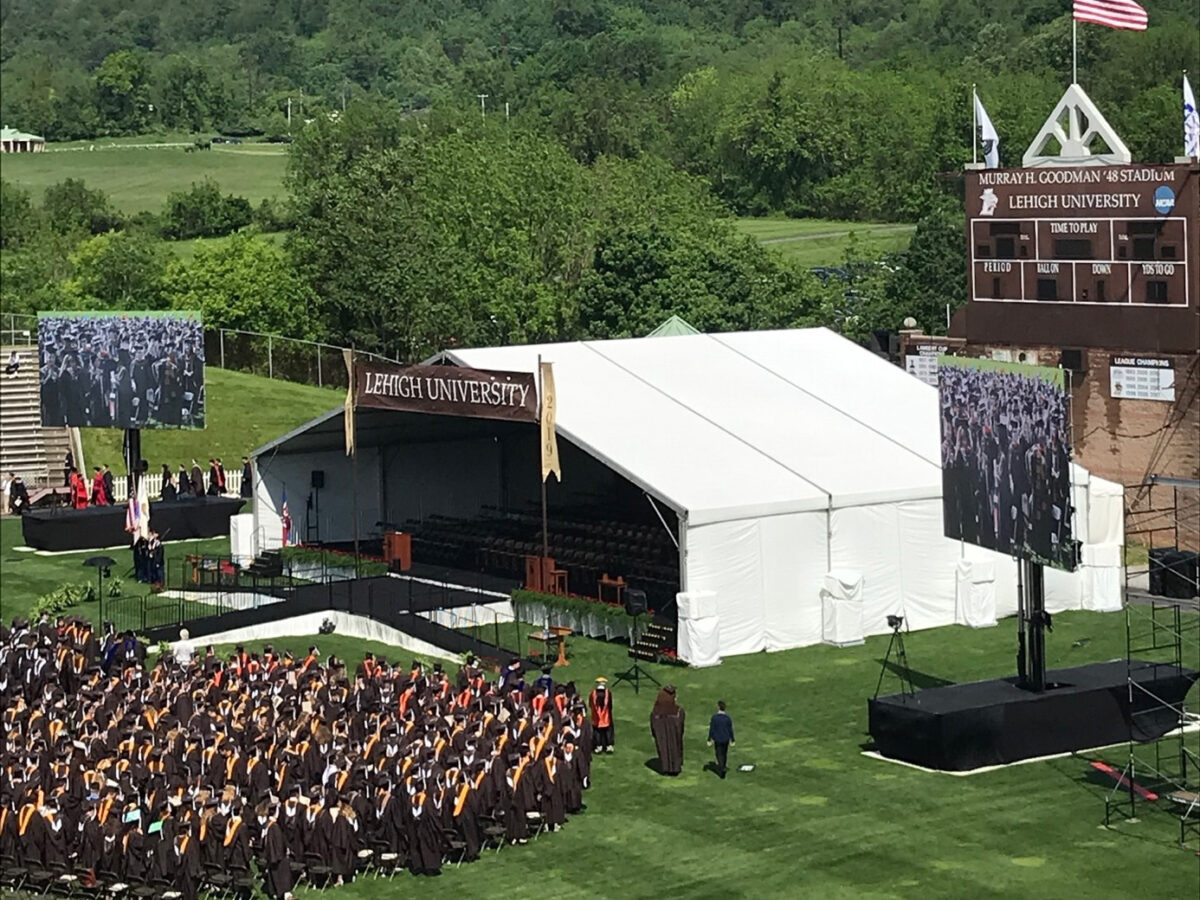
Tell us about your career path after your Master’s degree? What are you doing today?
At the end of my internship, torn between the desire to pursue research in marine geochemistry and the desire to find a job to leave the student status, I applied all over Asia, America and Europe for thesis and job offers.
Then in September 2019, 3 months after my Master 2 defence, I was contacted by Associate Professor Eoghan Reeves from the University of Bergen. He had met Jill Mc Dermott at the Goldschmidt International Conference in Barcelona in July where she had told him about my profile and my intention to continue my academic studies. He explained to me that there were several thesis topics available in Bergen and thus gave me the choice between two biochemistry topics and one geochemistry topic.
My feeling was to choose geochemistry, and this is how I came into contact with Associate Professor Desiree Roerdink, my thesis supervisor.
I moved in October 2019 to Bergen where I took up a research assistant position before starting my PhD contract in January 2020.
Now in September 2022, I am in my final year of a PhD at the University of Bergen where I am working on understanding copper isotope variations in hydrothermal fluids and rocks.
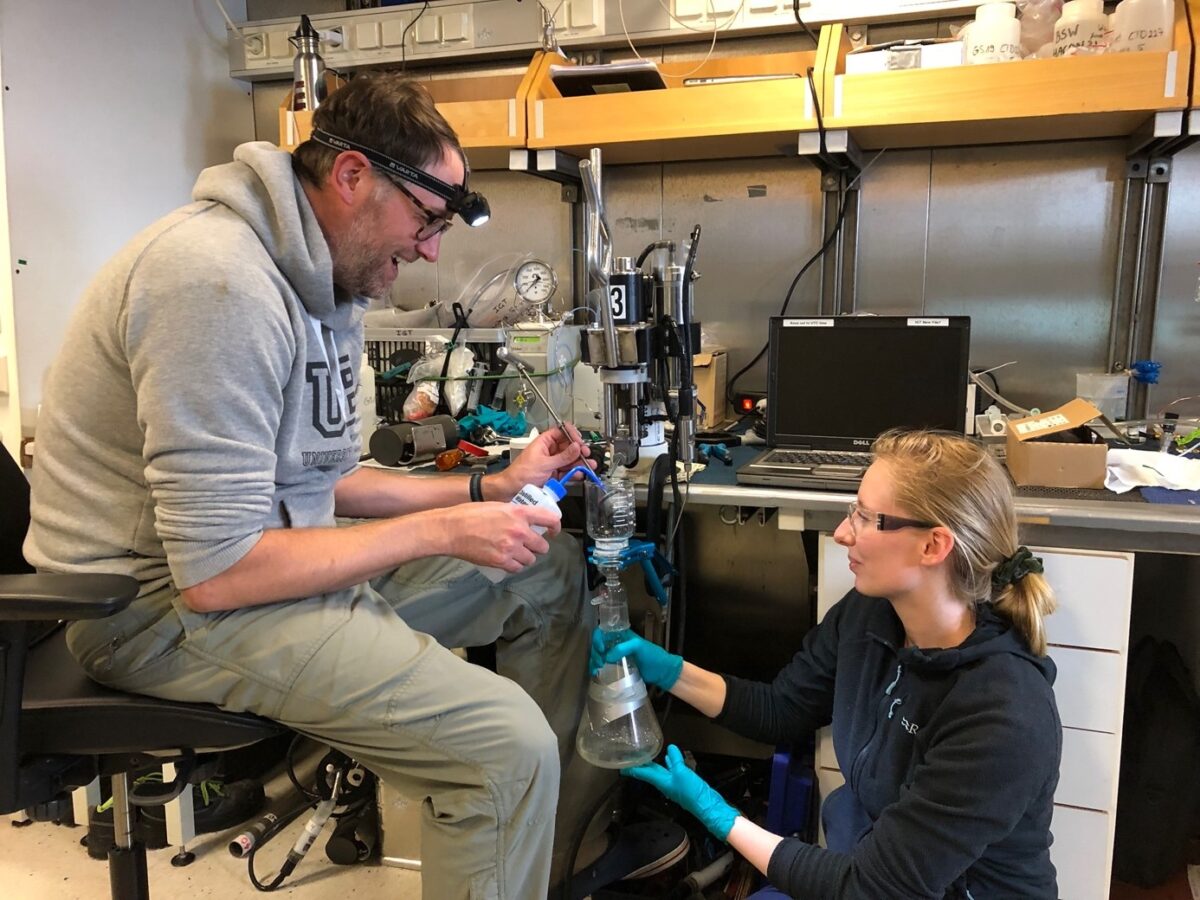
What impact has ISblue’s help had on your career?
Sblue gave me the opportunity to develop my professional network (non-existent when I left Master 1) internationally.
Thanks to this, I was able to find a thesis in Norway and develop collaborations that prove to be absolutely essential in our field. It has been like a springboard for me into the research world.
Having started my PhD at the beginning of 2020, it should also be noted that not all conferences or oceanographic campaigns could take place, preventing me for two years to develop this network so important in the research world.
Where do you see yourself in 5 years? Geographically and professionally.
With this PhD in hand, I think I can work anywhere in the world, but I feel the need to be closer to home in Brittany, France.
So I hope that in 5 years time I will continue my research in marine geochemistry in Brest.
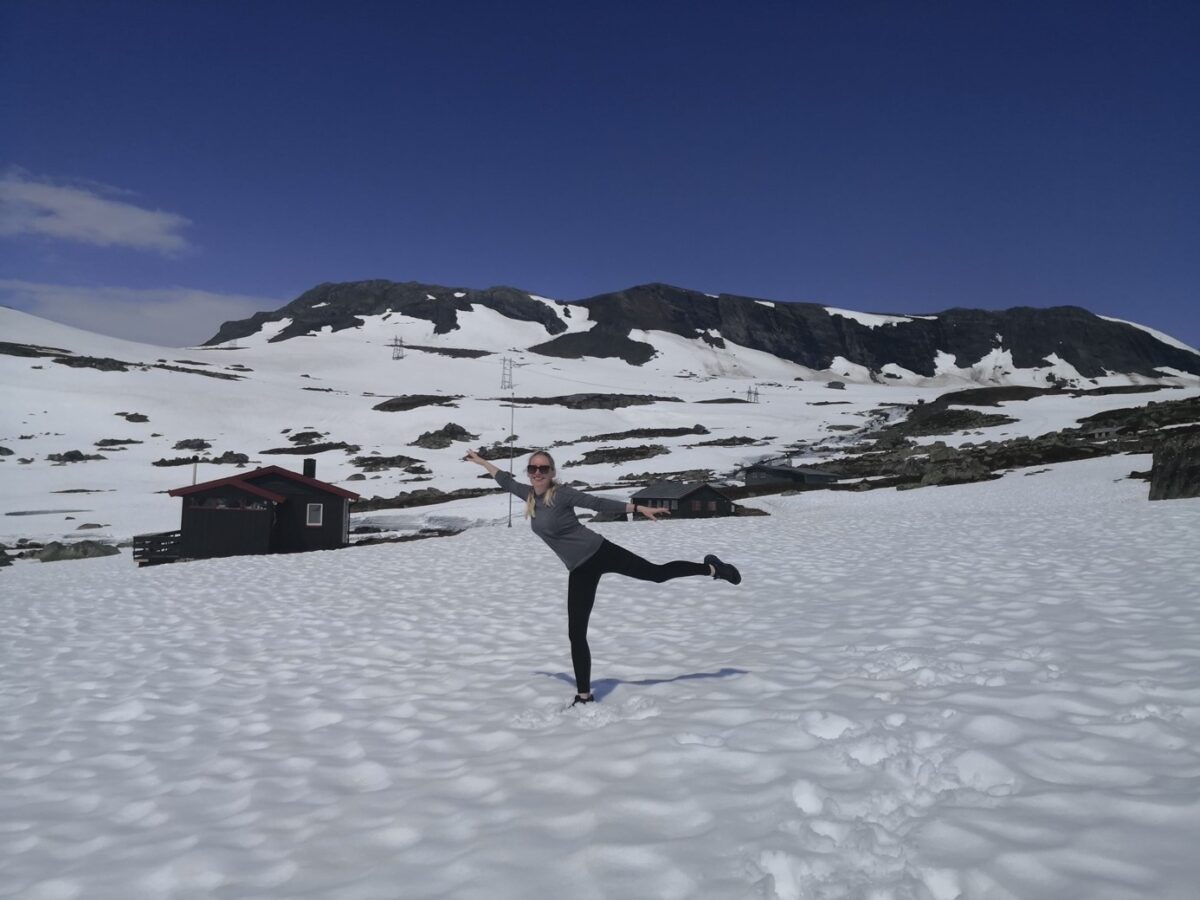
Practical information : ISblue masters offer
ISblue calls for project : International mobility grants for master’s students
 Attention, vous utilisez un navigateur peu sûr !
Attention, vous utilisez un navigateur peu sûr !